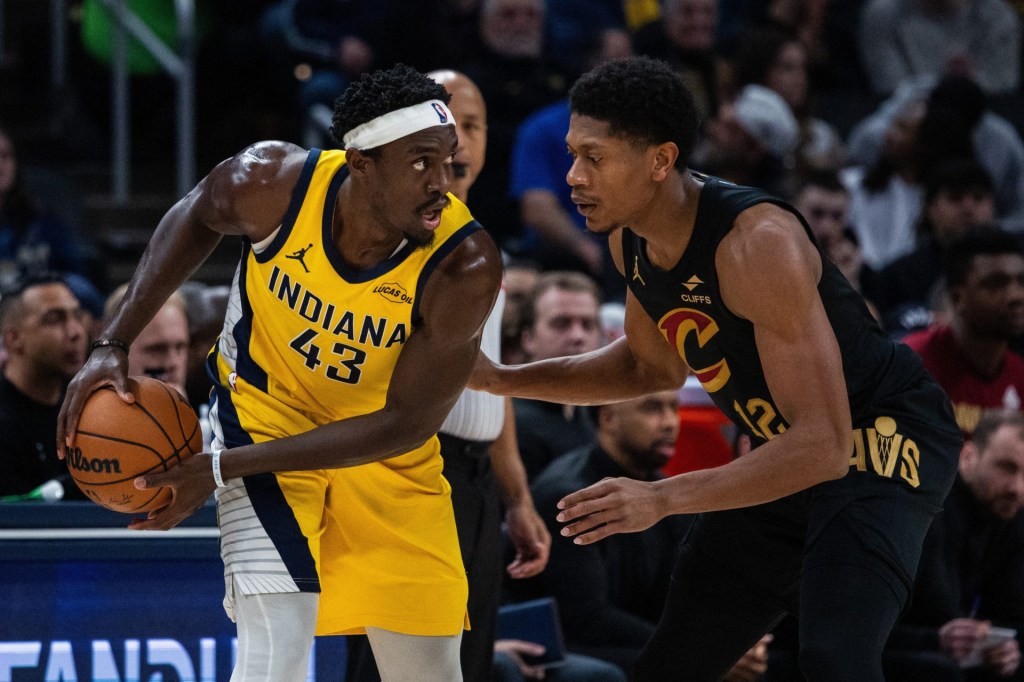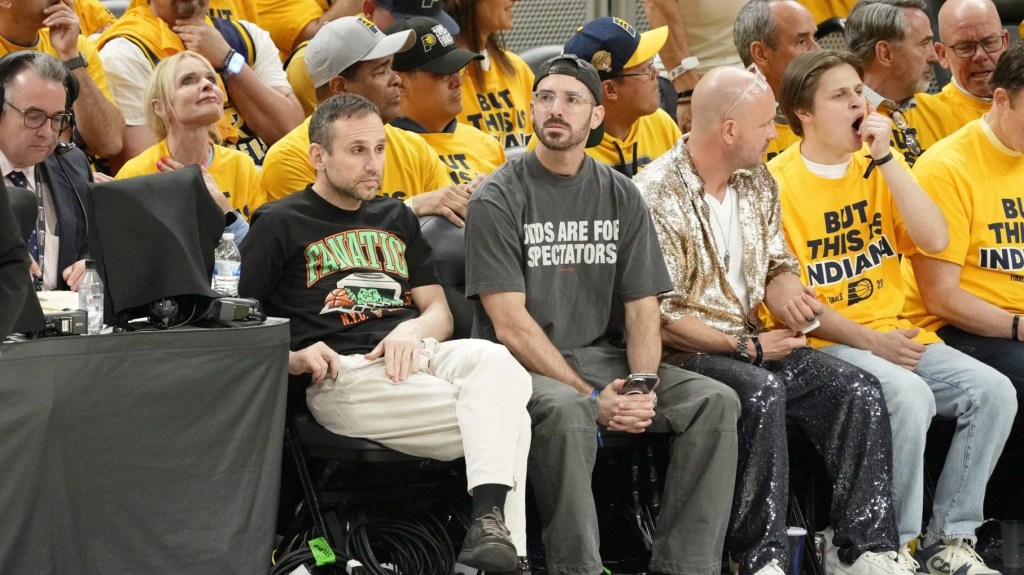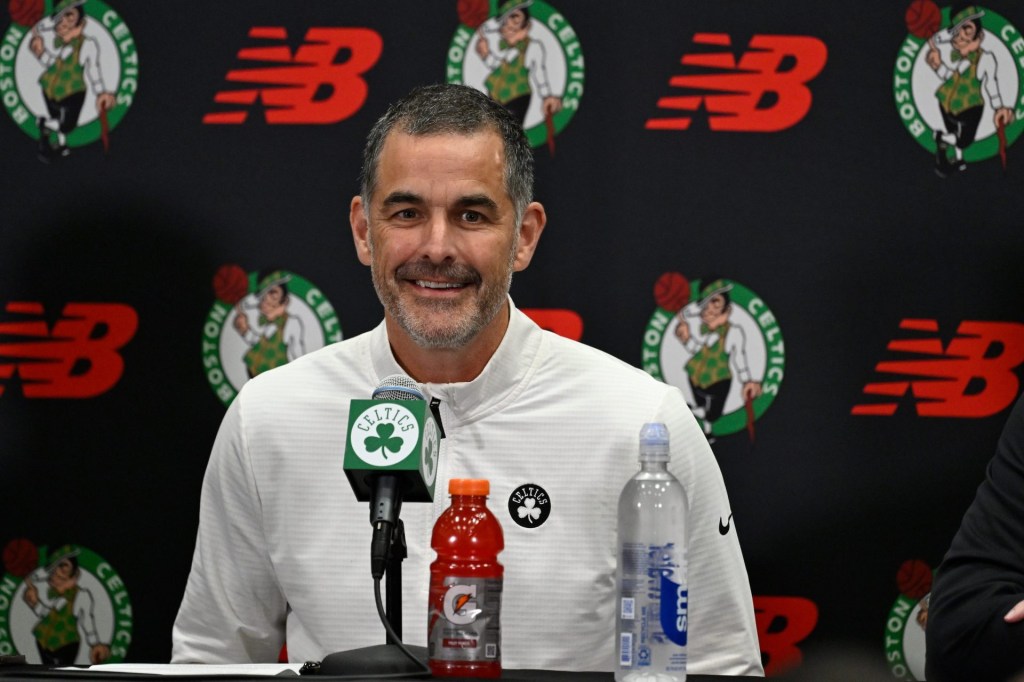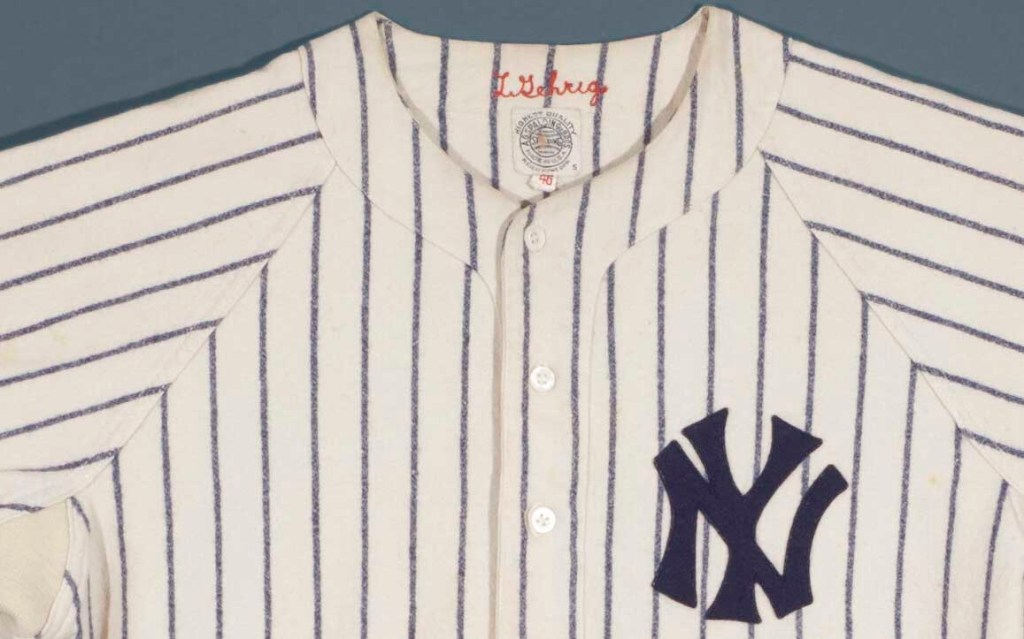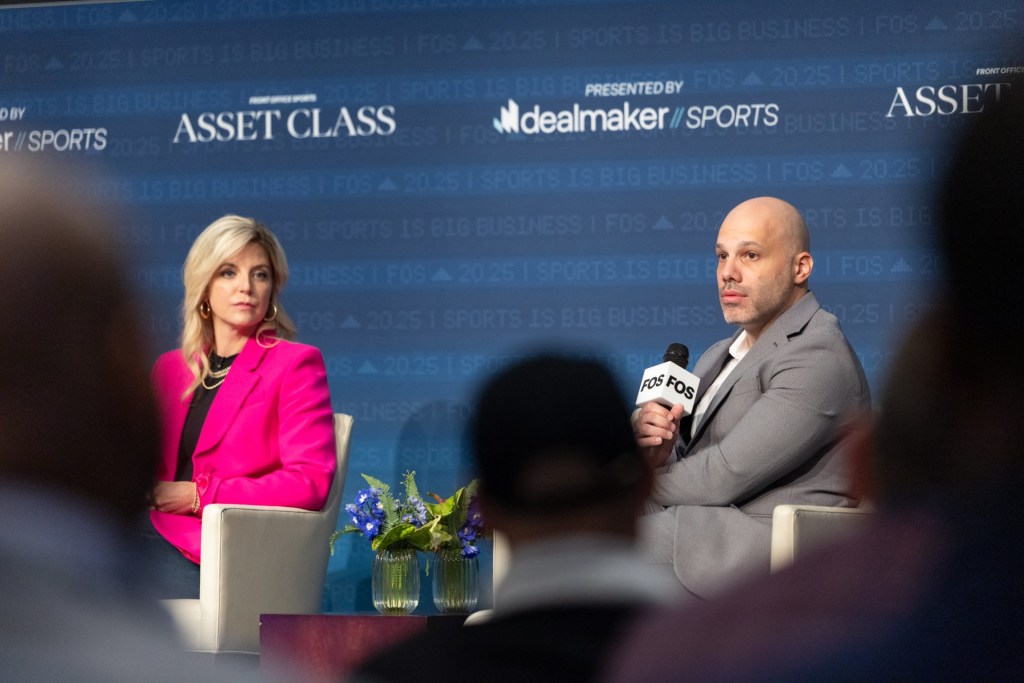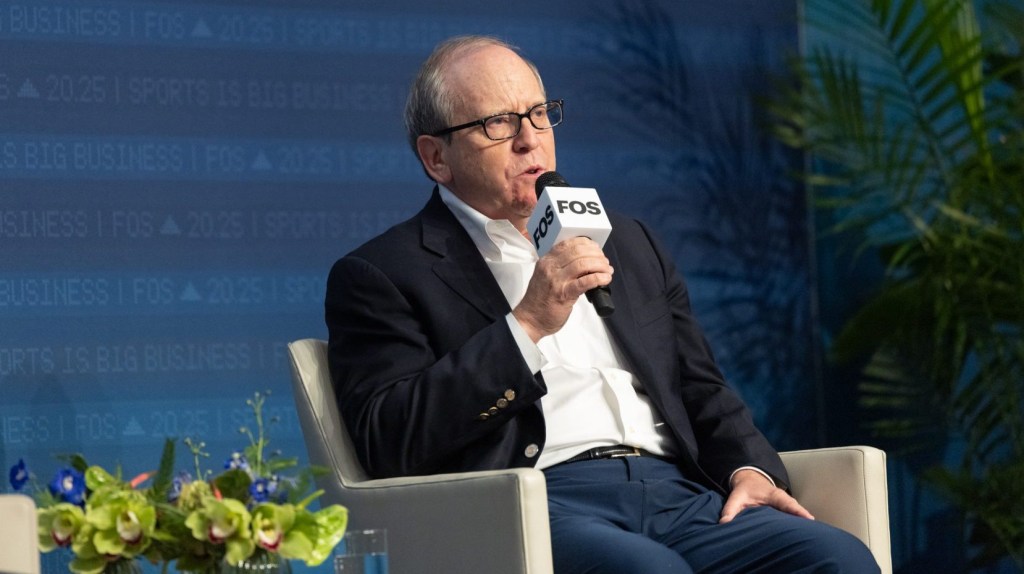The momentum of women’s sports as an asset class is real, and WNBA teams in particular may be the next big moneymaker, according to Kai Cunningham, a former Goldman Sachs banker who created his own venture capital firm to work with athletes before turning 30.
“I think something very special is happening in women’s sports,” Cunningham told Front Office Sports on the latest episode of Portfolio Players.
Cunningham sees a near future where WNBA ownership continues to decouple from NBA ownership as investors and operators realize the value of leaning further into the women’s game.
“I think there’ll be a sort of schism at some point to put more resources and infrastructure around people who want to focus on these WNBA franchises full-time,” he said.
Right now there are 13 WNBA teams, including expansion franchise the Golden State Valkyries. The Valkyries are operated by Golden State Group, the entity that also owns the Golden State Warriors and the Chase Center. Of the other 12 teams, six are still tied to NBA franchises, including the New York Liberty (affiliated with the Brooklyn Nets), Indiana Fever (Indiana Pacers) and Phoenix Mercury (Phoenix Suns).
The model where WNBA clubs are treated like companion pieces to an NBA franchise will shift given the growing popularity of the women’s game, and that will send valuations skyrocketing, according to Cunningham. The rationale behind the expected rise in valuations is twofold, he told FOS: economics and emotion.
“A lot of times the traditional fundamentals of investing don’t actually apply to the purchase price of these teams,” Cunningham said. “It’s emotional. Maybe the Celtics were worth five [billion dollars], but I’m willing to pay six to beat out this person because I really love the Celtics.”
Cunningham believes the same dynamic in NBA franchise price tags will unlock long-term upside in women’s sports.
Cunningham, who co-founded Limited Ventures to back emerging sports, media, and lifestyle properties, advises athletes and others on investment opportunities in realms including tech and real estate, with notable clients including Kyler Murray, Lamar Jackson, and Breanna Stewart. He pushed back on the notion that real estate investments aren’t as sexy as sports team ownership—“there’s nothing sexier than getting a check every 30 days,” he said—but admitted that owning a team is “the cream of the crop.”
Increasingly, capitalizing on investing in sports means looking to an area that has historically not been viewed as the biggest moneymaker but might be on its way up. That’s how he views the WNBA.
“When we think about WNBA teams from an exit perspective, if someone really wants to be involved because they love the sport, or their kids play, or their kids love it—that can actually represent an amazing return on investment,” he said. “Just because you love the team and the sport, it doesn’t mean the underlying fundamentals won’t get there eventually.”
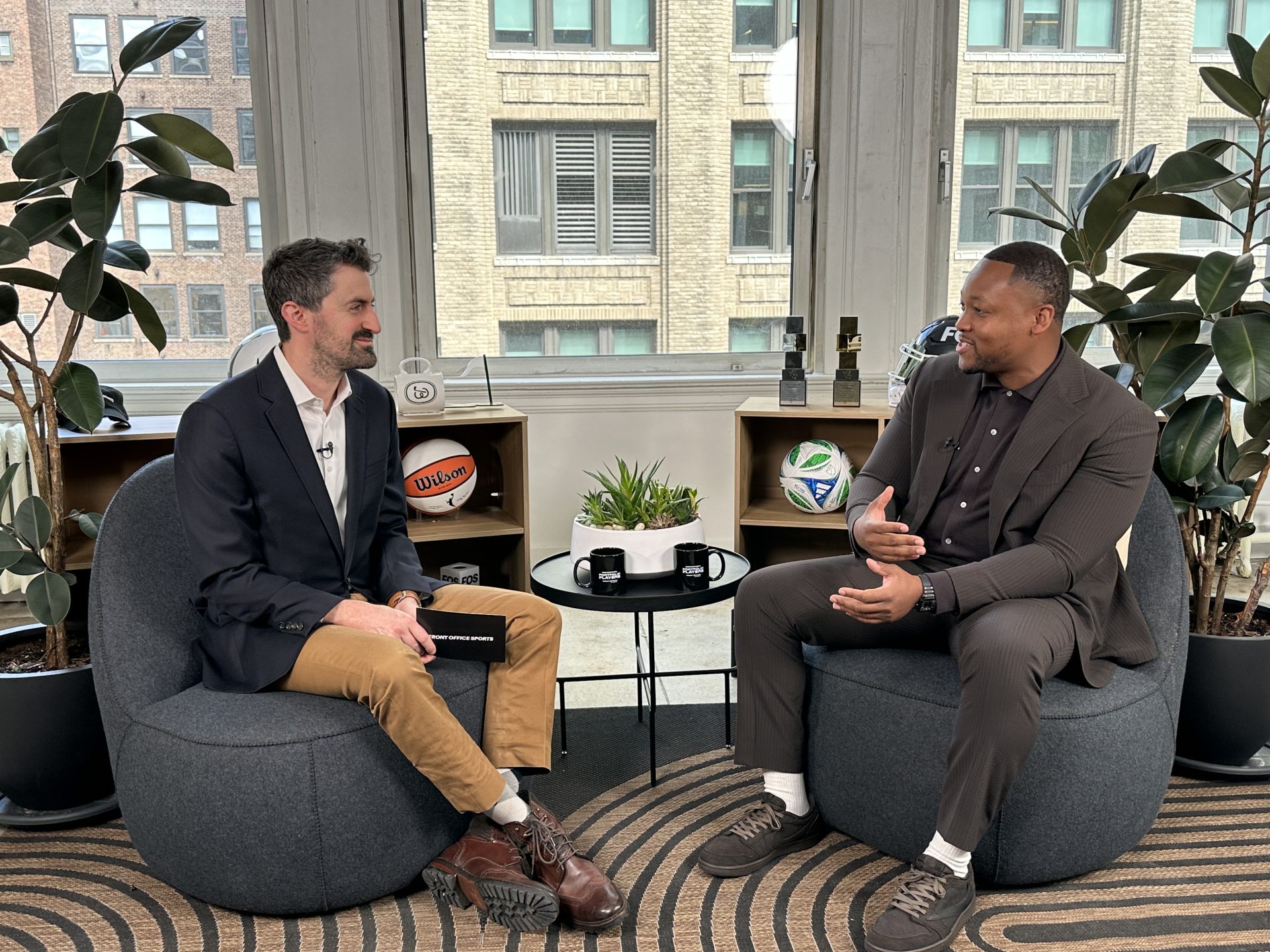
![[Subscription Customers Only] Jul 13, 2025; East Rutherford, New Jersey, USA; Chelsea FC midfielder Cole Palmer (10) celebrates winning the final of the 2025 FIFA Club World Cup at MetLife Stadium](https://frontofficesports.com/wp-content/uploads/2026/02/USATSI_26636703-scaled-e1770932227605.jpg?quality=100&w=1024)

